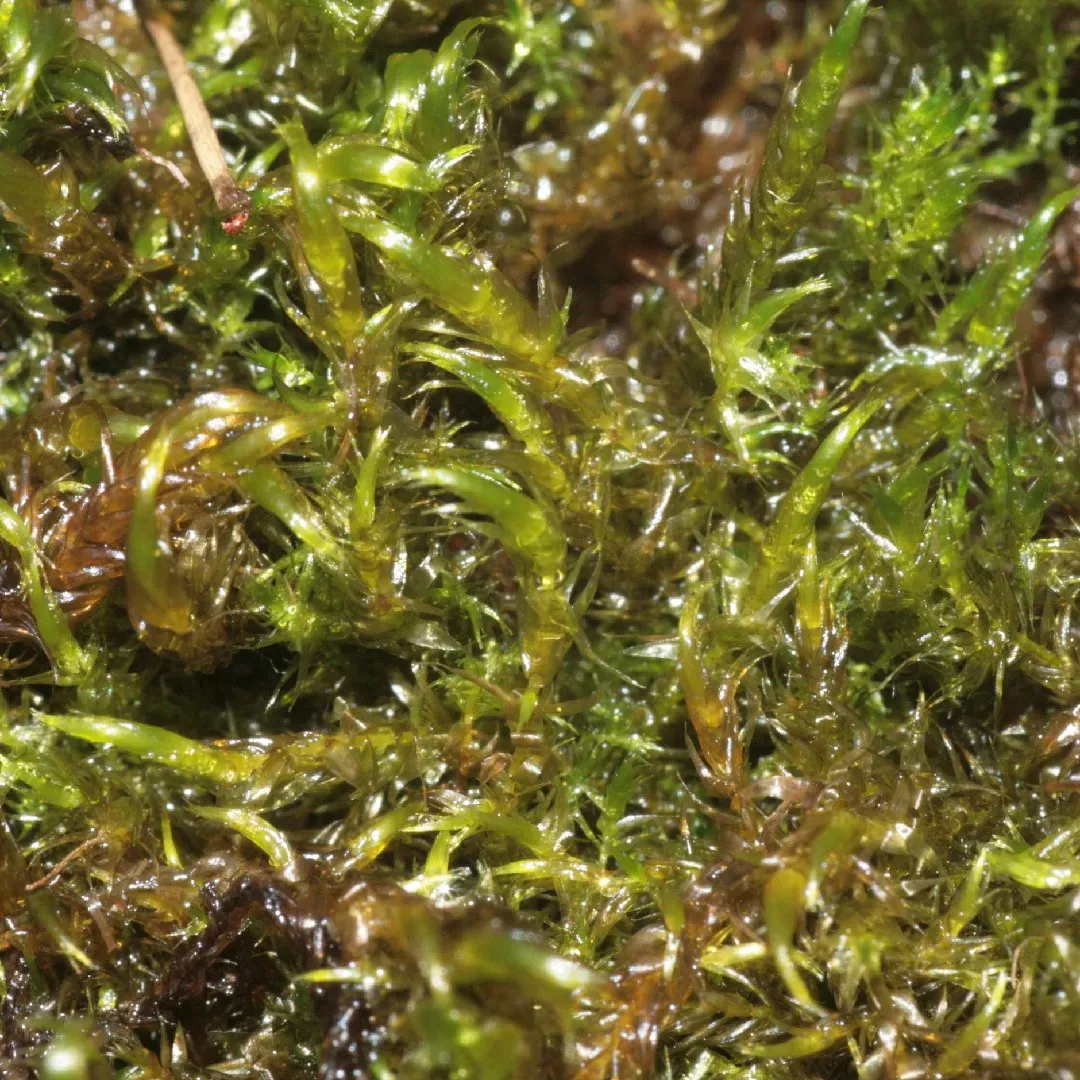
213452530220367872.jpeg from: https://www.picturethisai.com/wiki/Warnstorfia_fluitans.html
Introduction
In the vast and captivating world of bryophytes, the Warnstorfia fluitans (Hedw.) Loeske moss stands out as a remarkable species. Belonging to the Calliergonaceae family, this unassuming yet fascinating moss is commonly referred to as Warnstorfia. Prepare to embark on a journey through the intricate details of this intriguing plant, as we delve into its morphology, global distribution, ecological roles, and adaptations.
Background
Before we dive into the specifics of Warnstorfia fluitans, it’s essential to understand the broader context of bryophytes. These non-vascular plants, collectively known as Bryophyta, encompass mosses, liverworts, and hornworts. Despite their diminutive stature, bryophytes play a crucial role in various ecosystems, acting as pioneers in colonizing new environments and contributing to soil formation and moisture retention.
Main Content
Morphology and Identification
Warnstorfia fluitans is a pleurocarpous moss, meaning its stems grow horizontally along the substrate. Its slender, floating stems can reach lengths of up to 20 centimeters, with delicate, feathery leaves arranged in a spiral pattern. The leaves themselves are lanceolate in shape, with a distinctive midrib running along their length. When observed under a microscope, the leaf cells reveal a
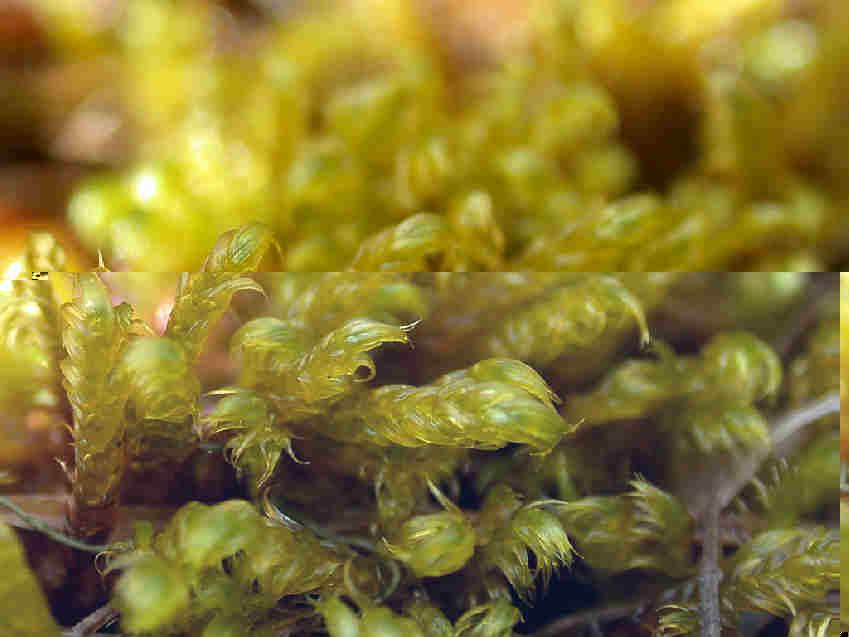
Warnstorfia_fluitans_2.JPG from: https://cisfbr.org.uk/Bryo/Cornish_Bryophytes_Warnstorfia_fluitans.html
hexagonal pattern, adding to the intricate beauty of this moss.
Global Distribution and Habitat
Warnstorfia fluitans is a cosmopolitan species, found across various regions of the world, including Europe, Asia, North America, and parts of South America. This moss thrives in aquatic
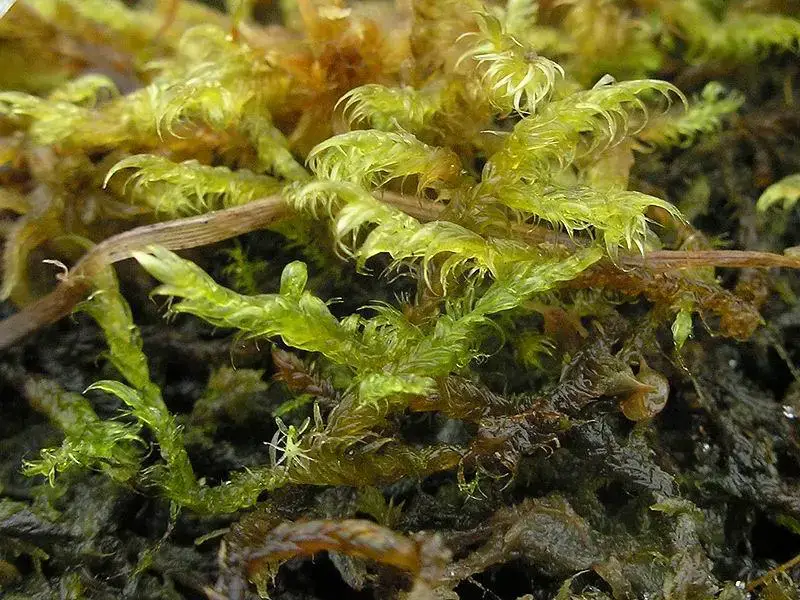
401348_2e5b7b01.jpg from: https://www.plantarium.ru/page/image/id/401348.html
and semi-aquatic environments, such as ponds, lakes, streams, and wetlands. Its ability to float on water surfaces or grow submerged makes it a true amphibious marvel.
Ecological Roles and Adaptations
Warnstorfia fluitans plays a vital role in aquatic ecosystems, serving as a habitat and food source for numerous microscopic organisms. Its dense mats provide shelter and breeding grounds for various invertebrates, contributing to the overall biodiversity of these environments.
One of the remarkable adaptations of Warnstorfia fluitans is its ability to tolerate
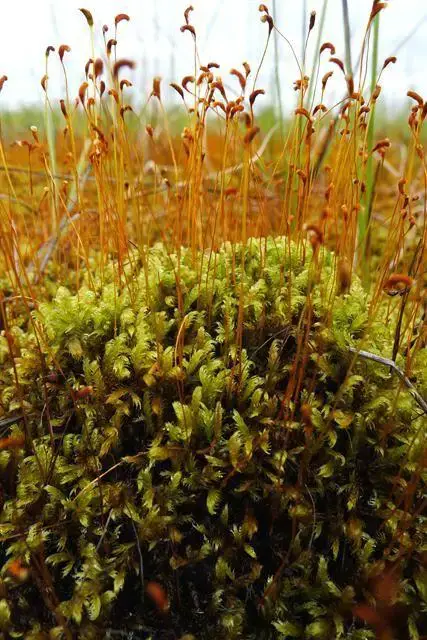
15384_orig.jpg from: https://idfg.idaho.gov/species/taxa/34178
and even thrive
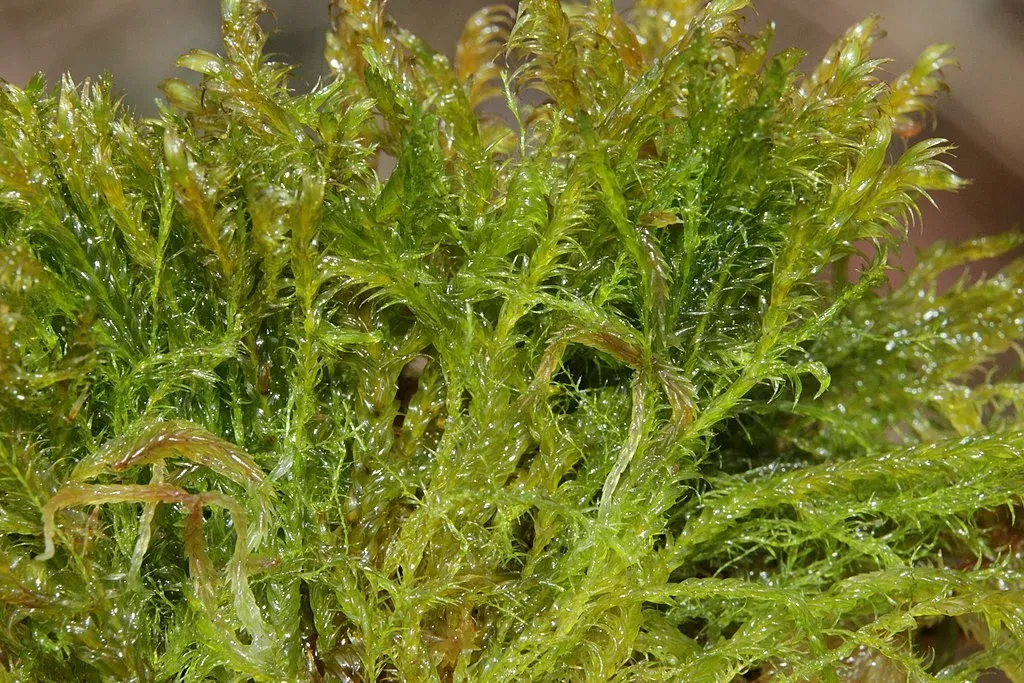
Warnstorfia_fluitans_c_150950-474700_4683.jpeg from: https://koneensaatio.fi/hanke/nevasirppisammal-warnstorfia-fluitans-valumavesien-biopuhdistajana/
in low-nutrient conditions. This moss possesses specialized structures called rhizoids, which enable it to absorb nutrients directly from the water, making it well-suited for nutrient-poor habitats.
Case Studies/Examples
In a study conducted in the Netherlands, researchers found that Warnstorfia fluitans played a crucial role in the recovery of aquatic ecosystems after periods of eutrophication (excessive nutrient enrichment). The moss’s ability to rapidly colonize and stabilize the substrate facilitated the establishment of other aquatic plant species, ultimately restoring the ecosystem’s balance.
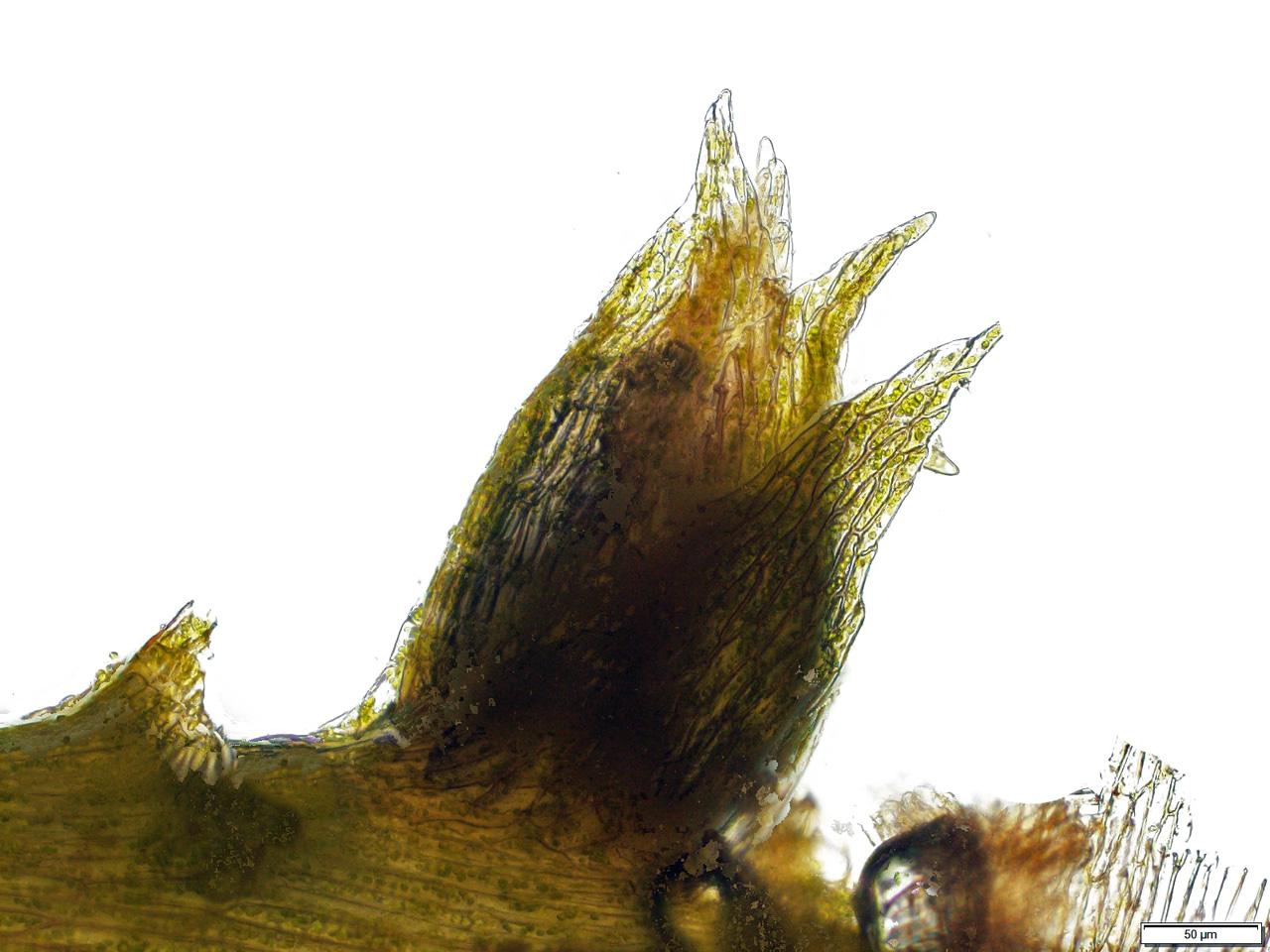
wa_fluitans6.jpg from: https://wnmu.edu/academic/nspages/gilaflora/warnstorfia_fluitans.html
Technical Table
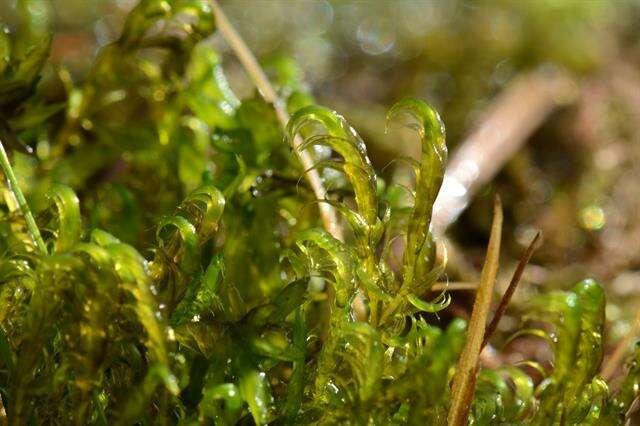
913.111156.jpg from: https://eol.org/pages/886936
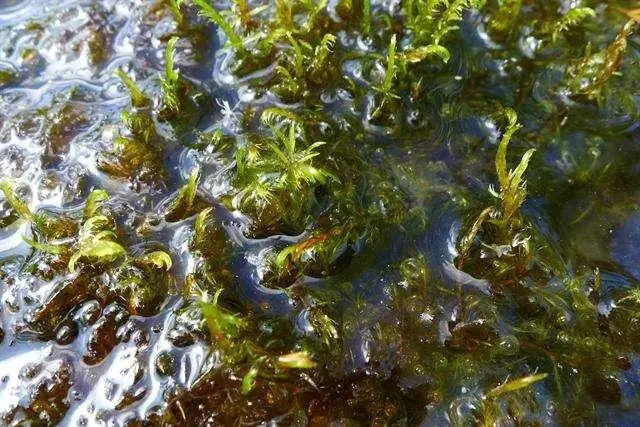
913.100652.jpg from: https://eol.org/pages/853941
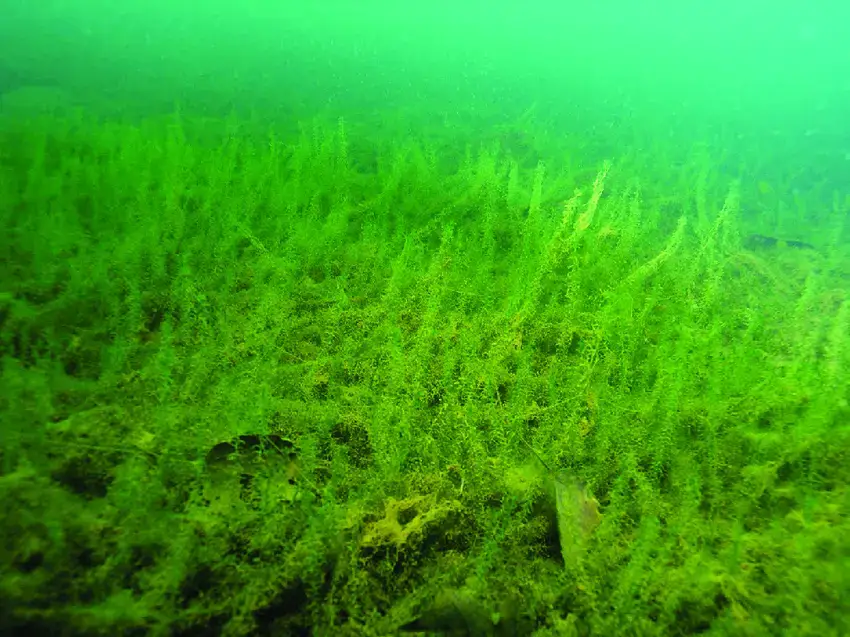
Figuur-1-Weijker-Meer-Warnstorfia-fluitans-op-14-m-diepte-foto-Klaus-van-de-Weyer.png from: https://www.researchgate.net/figure/Figuur-1-Weijker-Meer-Warnstorfia-fluitans-op-14-m-diepte-foto-Klaus-van-de-Weyer_fig4_260364123
| Characteristic | Description |
|---|---|
| Phylum | Bryophyta |
| Class | Bryopsida |
| Order | Hypnales |
| Family | Calliergonaceae |
| Genus | Warnstorfia |
| Species | fluitans |
| Growth Form | Pleurocarpous moss |
| Stem Length | Up to 20 cm |
| Leaf Shape | Lanceolate |
| Leaf Cells | Hexagonal pattern |
| Habitat | Aquatic and semi-aquatic environments |
Conclusion
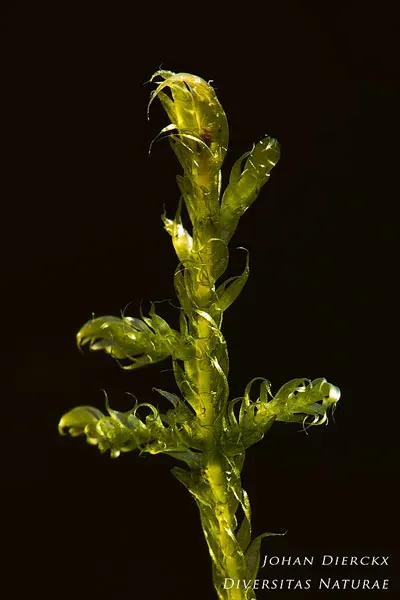
jd_20130326_115319.jpg from: https://www.diversitasnaturae.be/warnstorfia-fluitans/
Warnstorfia fluitans (Hedw.) Loeske is a remarkable moss species that has captured the attention of bryologists and naturalists alike. Its unique morphology, global distribution, and ecological significance make it a fascinating subject of study. As we continue to explore and appreciate the intricate world of bryophytes, let us ponder the question: What other hidden wonders await discovery in the realm of these unassuming yet vital plants?